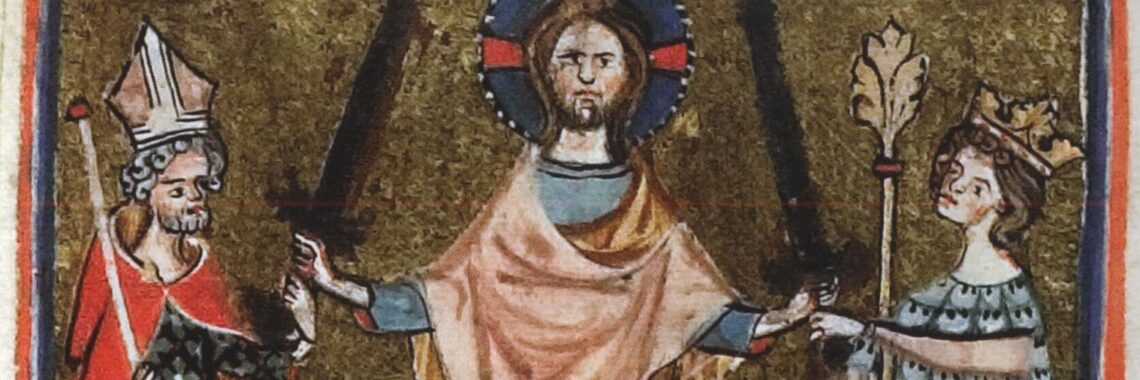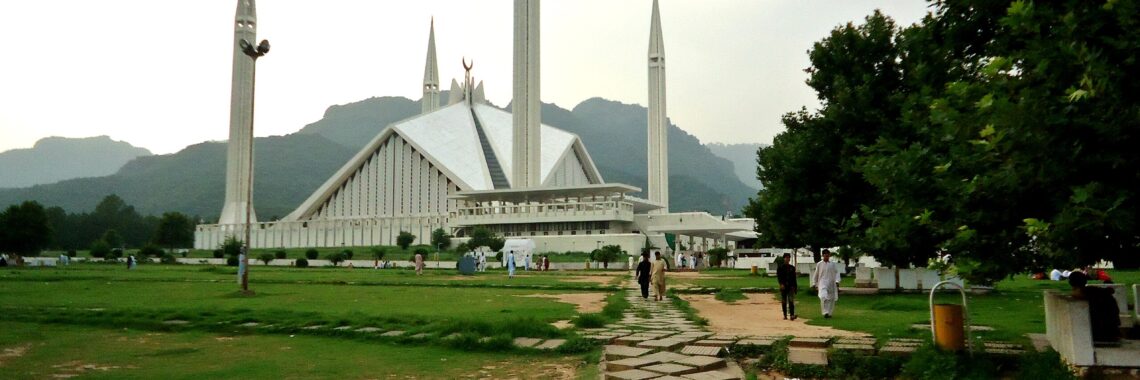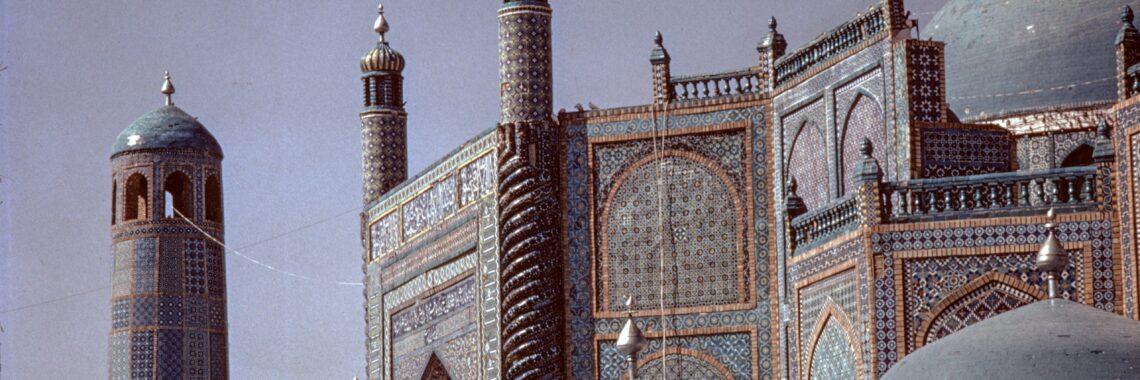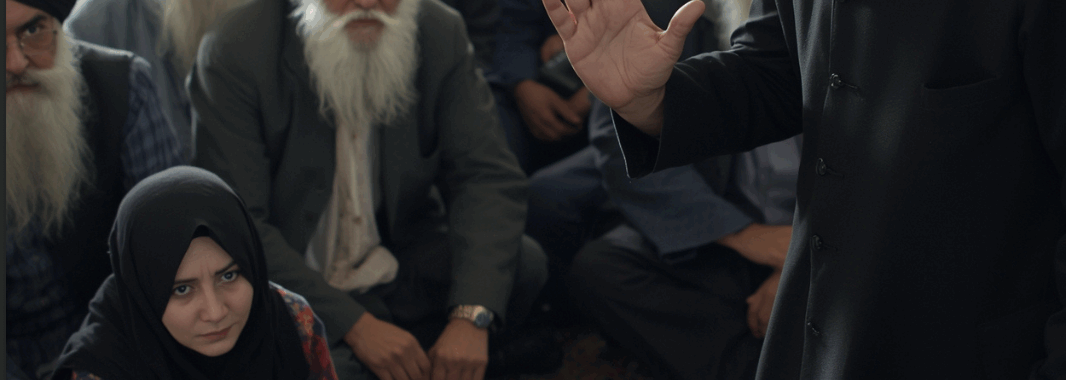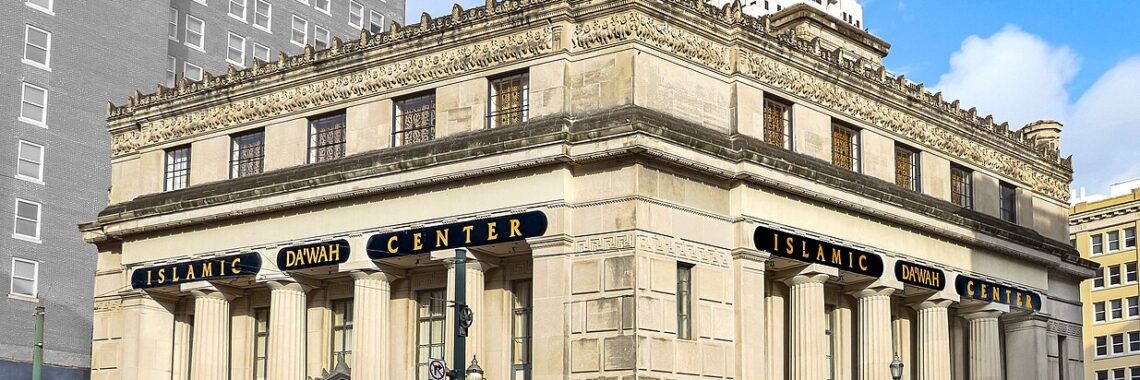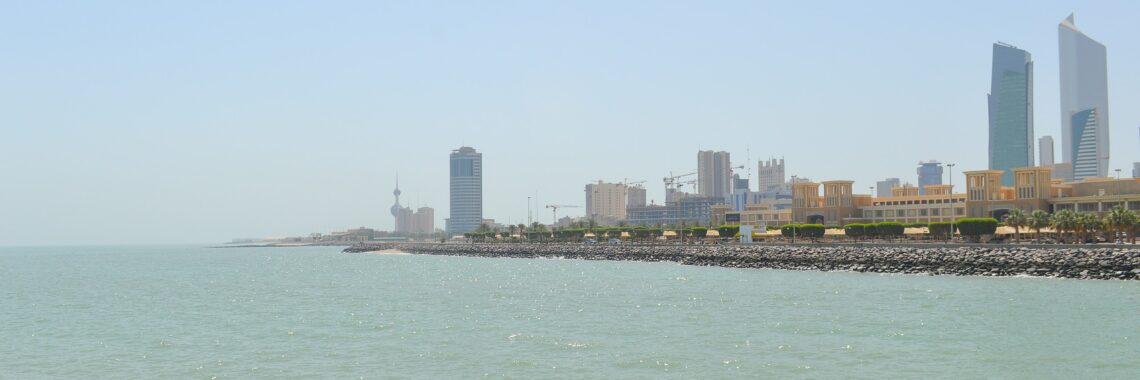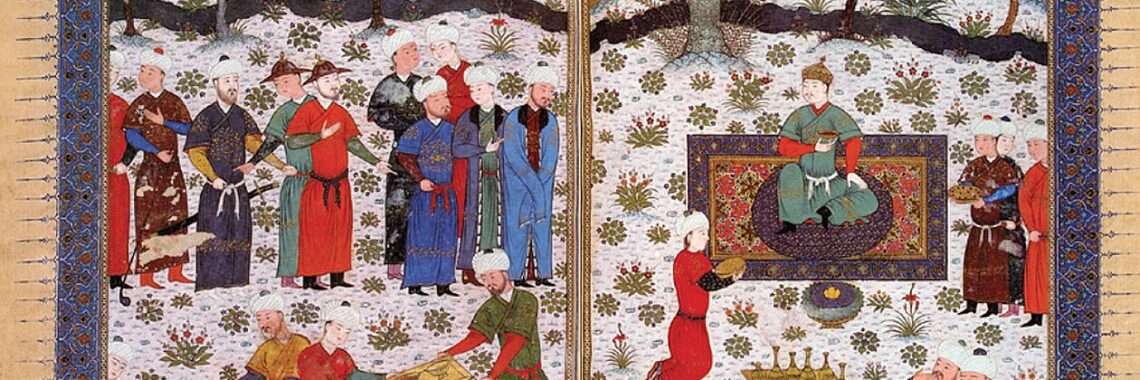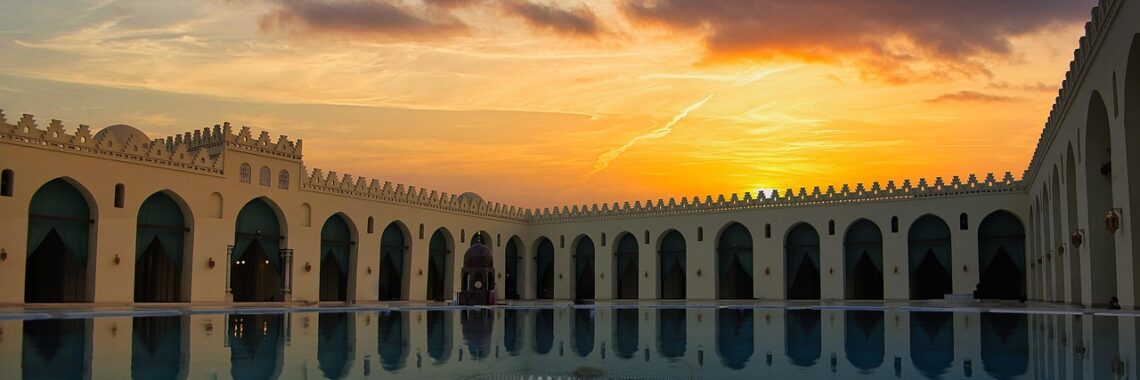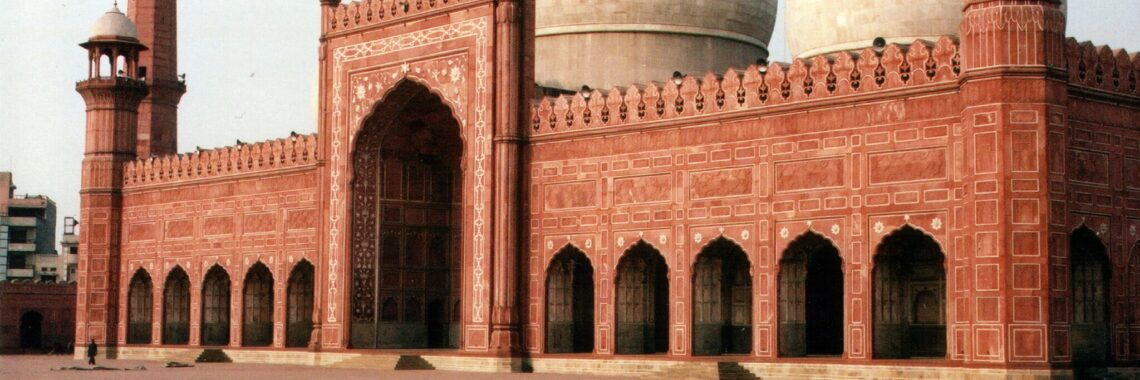“No Kings?: Plenitudo potestatis and the sanctity of US national security” by Elizabeth Shakman Hurd
Doctrine of the Two Swords by Unknown (US-PD) This article is part of our series on Law, Religion, and Immigration. If you’d like to explore other articles in this series, click here. In the domain of U.S. immigration and border enforcement, one might assume that a consideration of religion would lead to a discussion of xenophobia and…


